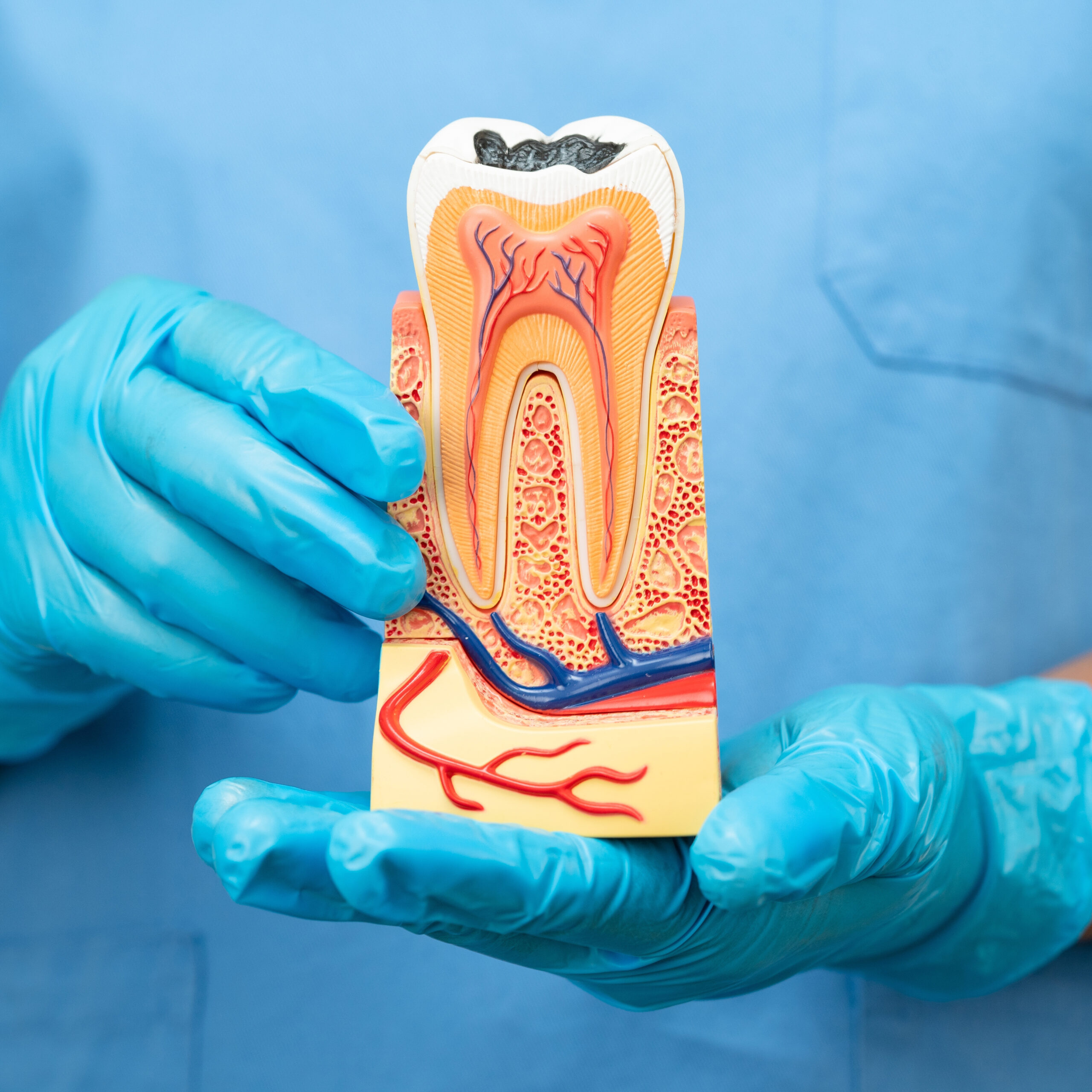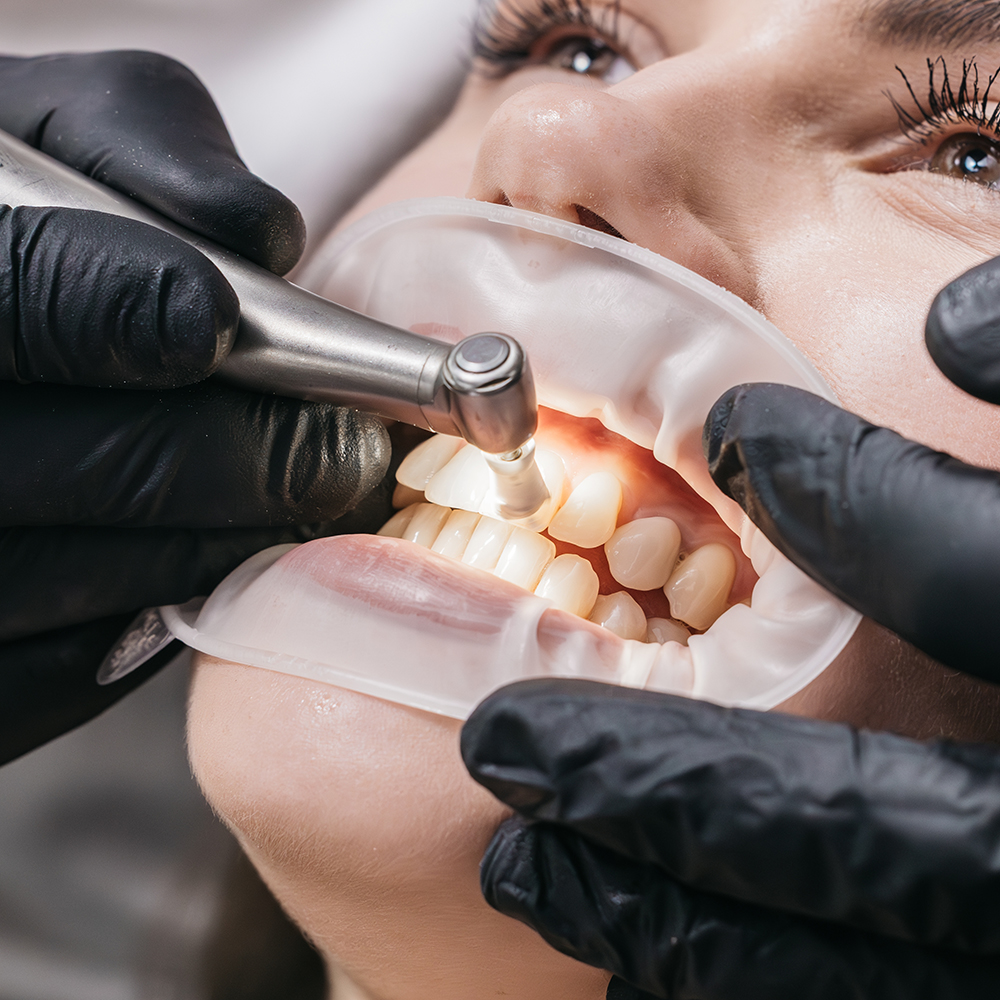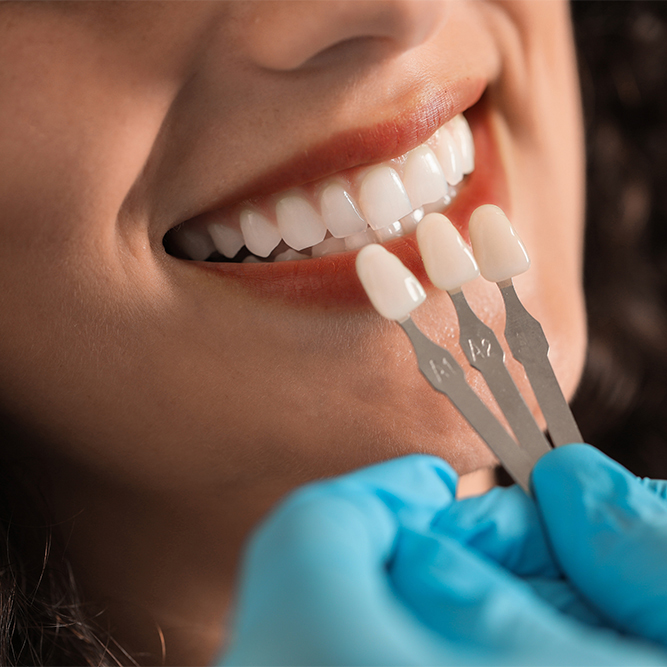What Are Dental Implants - Benefits, Procedure & Future Outlook

Why Dental Health Matters
Tooth loss can severely affect more than your appearance—it may disrupt eating, speaking, and your overall oral health. Gaps can lead to bone loss in the jaw, gum recession, and misaligned teeth. Thankfully, dental implant surgery offers a durable, natural-looking solution for one or several teeth.
What Are Dental Implants?
Dental implants are artificial roots, typically made of titanium, inserted into the jawbone to support replacement teeth. They act as a stable base for crowns, bridges, or implant prostheses, providing a durable, fixed alternative to removable dentures.
Using an implant system, one or more implants can replace missing teeth without affecting adjacent ones. They function and feel like natural teeth.
Dental Implant Structure
Each implant has three components:
Implant body: Embedded into the jawbone.
Abutment: Connects the post to the crown.
Crown or prosthetic: The visible artificial tooth.
Some treatments involve one implant for a single tooth, while others use multiple posts to support fewer implants.

Step-by-Step Dental Implant Procedure
1. Consultation & Planning
3D imaging determines bone density and tooth structure.
Surgical plans are drawn using digital tools.
2. Tooth Extraction & Bone Grafting
If needed, teeth are removed.
Bone grafts restore volume if the implant body needs more support.
3. Implant Placement
A minor surgery places the post into the bone.
4. Osseointegration
The process called osseointegration begins.
Bone grows around the post for 3–6 months, anchoring it permanently.
5. Abutment & Crown Placement
The abutment is added.
A custom crown or dental bridge is affixed to match your smile.
Types of Dental Implants
- Endosteal implants – Common, placed in the bone.
- Subperiosteal implants – Rest on the bone under gum tissue.
- Zygomatic implants – Anchored into the cheekbone.
Who Needs Dental Implants?
You’re a good candidate if you:
Have one or several teeth missing.
Want a long-lasting solution to replace a missing tooth.
Maintain good teeth and gums hygiene.
Are not a heavy smoker.

Benefits of Getting Dental Implants
- Function like real teeth
- Prevent jawbone deterioration
- Enhance speech and chewing
- Look natural and boost confidence
- Don’t shift like removable dentures
- Easy to maintain with regular dental visits
Unlike bridges, implants support the teeth independently and do not affect adjacent ones.
Are There Risks?
Yes, but they are rare and treatable:
Implant failure
Infection or nerve damage
Sinus complications (in upper jaw cases)
Rejection of the implant system
Choose an experienced oral and maxillofacial surgery provider for reduced risk.
How Long Do Implants Last?
With good care and maintenance, implants can last over 20 years. Studies show implants last longer than most dental restorations.
What’s the Success Rate?
Globally, successful implants have a success rate of 95–98%, making them among the most dependable surgical procedures in modern dentistry.
How to Take Care of Dental Implants
- Brush with non-abrasive toothpaste
- Floss or use dental floss
- Attend checkups and regular dental visits
- Clean around the implant
- Avoid hard foods and smoking
Implants vs Other Options
Treatment
Bone Loss Prevention
Lifespan
Natural Feel
Cost
Dental Implants
✅
20+ years
✅
Higher upfront
Dental Bridge
❌
10–15 years
Moderate
Medium
Removable Dentures
❌
5–8 years
❌
Lower upfront
Cost Breakdown
Single tooth implant: $3,000–$6,000
Multiple implants: $10,000–$25,000
Bone grafting, CT scans, or sedation may increase total cost.
Insurance often doesn’t cover elective implants, but dental provider financing options help.
The Future of Dental Implants
Innovation is changing the landscape:
Implants made via 3D printing for perfect fits
Biocompatible alternatives to titanium
Nanotech for improved healing
AI-assisted implant planning
Implants also used in facial reconstruction
Frequently Asked Questions
It’s a routine outpatient surgical procedure, often completed under local anesthesia.
Yes, even several teeth can be replaced using fewer implants strategically.
Implants feel and act like real teeth and last much longer.
It depends—some people need only one implant, others a full implant system.
No, in fact, they improve speech clarity over removable dentures.
Use a soft brush, dental floss, and water flossers. Clean around the implant carefully.
Not during the surgery. Recovery involves minor swelling and discomfort, usually 1–3 days.
Yes, they restore chewing, aesthetics, and function. Implants work best when maintained.
Yes, especially in smokers. But most failures are rare and manageable.
Absolutely. Dental implants offer function, beauty, and bone preservation.
Final Thoughts: Are Dental Implants Worth It?
In almost every case, yes. Whether you’re replacing one tooth or multiple missing teeth, getting dental implants can improve your daily comfort, self-esteem, and health. They’re an investment in a lifetime of confidence and convenience.

This article has been reviewed by a certified dental specialist Oguzhan Sunar for medical accuracy










